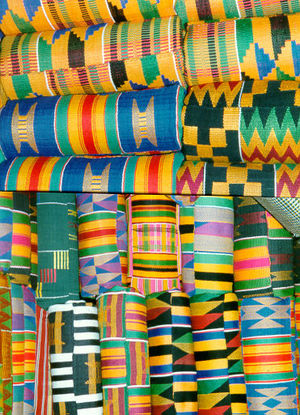 In its broad conception the Authority, Community, and Identity (ACI) Research project is about Africa’s complex modernities. Modernity is not one thing (see, for example, Eisentadt’s multiple modernities thesis). African individuals and communities find themselves at the intersection of multiple modern, global, local, traditional, secular and religious forces. In Africa, the legacies of colonialism and post-colonial liberation contend with the processes and mechanisms of international development, all the while challenging and being challenged by religious flows of people, practice, and belief. The ACI research seeks to shed light on the complex ways in which individuals and communities in Africa negotiate the challenges and opportunities at that intersection. More specifically, through the ACI project researchers will investigate how various religious (Christian, Muslim, traditional) and secular forces collaborate, compete, contend and at times implicate each other in configuring, re-configuring and/or shaping new models of authority, community, and identity, both within and across traditions, and within the context of nation-state modalities.
In its broad conception the Authority, Community, and Identity (ACI) Research project is about Africa’s complex modernities. Modernity is not one thing (see, for example, Eisentadt’s multiple modernities thesis). African individuals and communities find themselves at the intersection of multiple modern, global, local, traditional, secular and religious forces. In Africa, the legacies of colonialism and post-colonial liberation contend with the processes and mechanisms of international development, all the while challenging and being challenged by religious flows of people, practice, and belief. The ACI research seeks to shed light on the complex ways in which individuals and communities in Africa negotiate the challenges and opportunities at that intersection. More specifically, through the ACI project researchers will investigate how various religious (Christian, Muslim, traditional) and secular forces collaborate, compete, contend and at times implicate each other in configuring, re-configuring and/or shaping new models of authority, community, and identity, both within and across traditions, and within the context of nation-state modalities.
The driving assumption of the research project is that these notions of “authority”, “community” and “identity” (both in their shifts and continuities) not only provide a good lens into the complex ways of negotiating the modern condition in Africa (with both its opportunities and challenges), they provide an apt and dynamic platform for exploring the relationships between secular and religious forces in modern Africa. By focusing on these three nodes of inquiry, the project will investigate questions of belonging, tradition, and change all within the particular flux of specific African contexts.
In addition to a shared sense of the complex ways in which contending modernities shape contemporary Africa, the ACI team shares a commitment to the particular, the local, by grounding our research in specific contexts. While the project takes up perennial issues of land, identity, family, and leadership, we do so in ways that honors the particularities of place by utilizing methods that help us to attend to the everyday lives of Africans. Through the diverse interests and identities of the ACI Africa research team, this attention to particularity is placed in a comparative context that allows us to engage the global-local dynamics of modernity in Africa.
